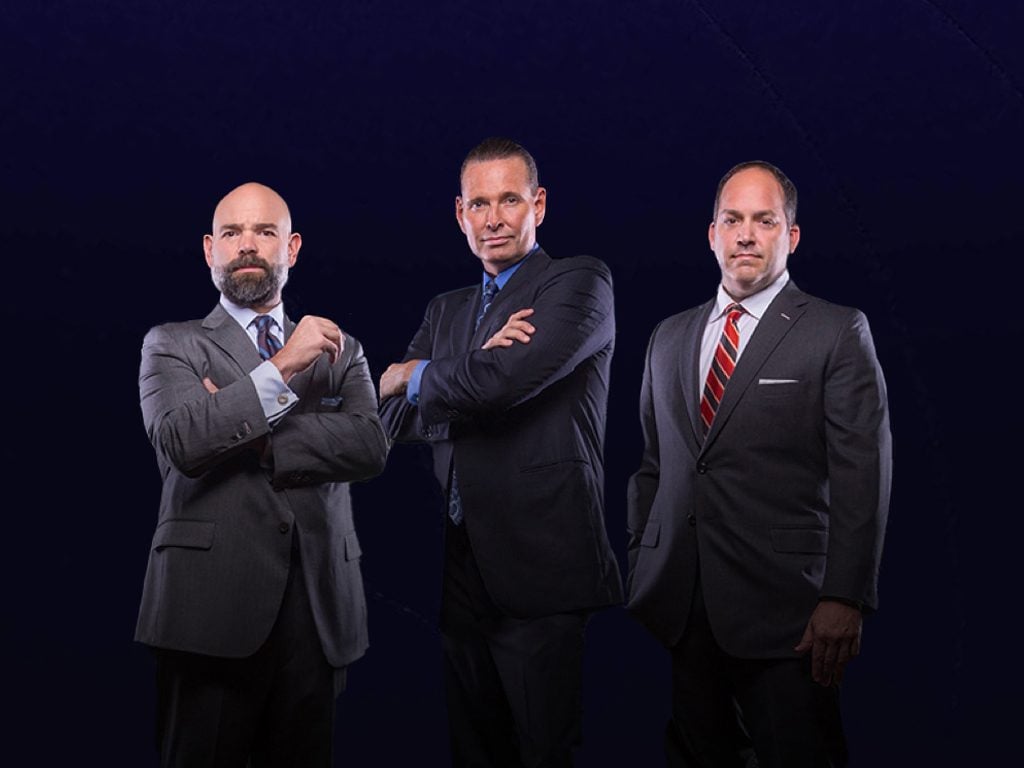For many families, assisted living is a way to get their elderly or disabled loved ones the level of care they need, outside the more restrictive environment of a nursing home. They provide aid while still allowing residents to live mostly independently.
Like all businesses, assisted living facilities have a legal responsibility to provide the services they are contracted to provide. In recent years, more and more assisted living facilities have been adding memory care services for residents with Alzheimer’s and dementia. Unfortunately, some facilities fail to actually provide the services that they advertise – and charge for.
When that happens, they can be held legally accountable.
What is a memory care unit in an assisted living facility?
Memory care units provide specialized services intended to help residents struggling with a decline in mental acuity. For instance, they may offer music, arts and crafts, and games designed to stimulate the mind. The goal is to slow the progression of dementia.
In addition, memory care units need to provide 24-hour supervision to make sure residents experiencing mental decline don’t wander or injure themselves. This is a labor-intensive level of care that requires sufficient staff to provide direct supervision and hands-on assistance to the elderly.
Unfortunately, those services are not always provided
In principle, a memory care unit within an assisted living facility should give seniors the best of both worlds: the level of care that they need within the least restrictive safe environment. Assisted living facilities that provide memory care services may also advertise that residents can stay in the same place long-term, even as they decline, rather than having to transition to a nursing home.
However, that’s not always the case in practice. Assisted living facilities across the United States have come under scrutiny for advertising memory care services, billing residents and their families for those services, and then not actually providing the level of staff needed to provide memory care. The result: families are overcharged and residents with dementia don’t get the level of care they need.
How lawsuits hold negligent assisted living facilities accountable
While nursing homes are highly regulated at the federal level, assisted living facilities are subject to much less scrutiny. The federal government does not regulate assisted living. Some states have laws regulating these facilities, but those laws are highly inconsistent and not aggressively enforced in most states.
As such, memory care lawsuits against assisted living facilities are often matters of contract law. At intake, the assisted living facility signs a contract with the resident and/or the resident’s family specifying the services to be provided and the cost of those services. Facilities that fail to hold up their end of the bargain can be sued for breach of contract.
Memory care lawsuits may also fall under consumer protection laws that prohibit false advertising. Assisted living facilities sometimes aggressively advertise that they can care for people with Alzheimer’s and dementia, and families place their loved ones in those facilities on the basis of that advertising. Facilities that abuse families’ trust can be held accountable in civil court.
Examples of memory care lawsuits
In recent years, assisted living facilities around the country have faced litigation seeking to hold them accountable for misleading advertising and staffing practices.
In 2021, Aegis Living, a senior living company based in Bellevue, WA, settled two class action lawsuits for a combined $16.25 million. The lawsuits alleged that Aegis based staffing levels on predetermined staffing budgets rather than residents’ care needs, violating elder abuse and consumer protection laws. In 2017, a lawsuit was filed in federal court in California against Sunrise Senior Living, alleging that Sunrise used resident needs assessments to determine billing, but not to determine staffing.
The role of arbitration in memory care litigation
Assisted living facilities often use arbitration agreements to shield themselves from accountability in these situations. When disputes are settled in arbitration, the amounts recovered are often smaller than what a jury would award. Just as importantly from the facilities’ perspective, arbitration is a private process, so their actions are not examined in a public forum as they would in court.
However, this protection can be overcome in some circumstances. Take the example of an ongoing lawsuit against Chancellor Senior Management, which operates assisted living facilities in West Virginia and Ohio. The plaintiffs, who resided in the West Virginia facilities, allege that Chancellor had a formula to determine how many man-hours of care each resident needed based on their individual conditions, but only used that formula for billing purposes while ignoring it for staffing purposes.
Chancellor pointed to an arbitration clause buried inside the assisted living facility admission documents. However, as plaintiff’s attorney Jonathan Mani of Mani Ellis & Layne, PLLC explained, “The arbitration clause was one part of a much larger admission packet, and it named a particular arbitrator. The issue is, the arbitrator’s own rules said that any arbitration agreement had to be a standalone agreement, not something slipped into a larger contract. As a matter of law, that means the agreement is unenforceable.”
The West Virginia Supreme Court agreed, ruling that the arbitration clause could not be enforced. As such, the class action against Chancellor will move forward in Raleigh County, West Virginia.
If your loved one was mistreated in assisted living, get legal advice
Again, assisted living facilities are entrusted with the care of some of the most vulnerable among us, and they need to provide the services they advertise and are contracted to provide. Lawsuits can provide recourse for residents and their families, but this is an emerging and contentious area of law, and you need an attorney who knows the applicable laws in your state to advocate for your family.
If your loved one was overcharged or harmed due to understaffing in an assisted living facility, take action to hold the facility accountable. Talk to an experienced assisted living negligence attorney in your area.



